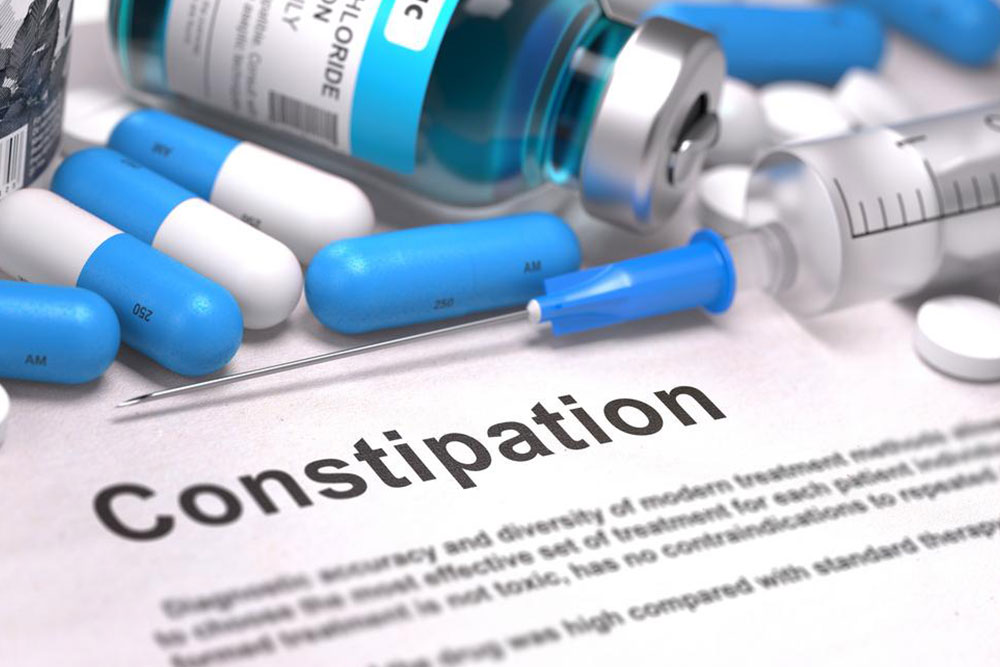A Comprehensive Guide to Constipation: Causes, Symptoms, and Effective Remedies
Constipation affects many individuals, causing discomfort and health issues if not properly managed. This comprehensive guide covers causes, symptoms, and scientifically proven remedies like dietary changes, hydration, and lifestyle adjustments. Recognizing warning signs early and adopting effective strategies can greatly improve digestive health, prevent complications, and enhance overall well-being. Learn how to manage constipation effectively with expert advice and lifestyle tips to restore comfort and maintain regular bowel movements.

Comprehensive Understanding of Constipation: Causes, Symptoms, and Proven Remedies for Relief
Constipation is a common gastrointestinal condition that affects people of all ages, characterized primarily by difficulty in bowel movements, infrequent defecation, and the passage of hard, dry stools. While often considered a minor inconvenience, chronic or severe constipation can significantly impair quality of life and lead to other health complications if left unaddressed. In this detailed guide, we delve into the causes of constipation, its symptoms, and scientifically supported remedies to help manage and prevent this uncomfortable condition.
The Significance of Managing Constipation
Ignoring persistent constipation can have broader health implications. If you haven't had a bowel movement in more than two days, or if you're only passing small amounts of stool, it's a clear warning sign indicating an underlying issue that requires attention. Accompanying symptoms like abdominal bloating, feeling of heaviness, and occasional blood during straining can further point to complications such as hemorrhoids or anal fissures. Understanding the importance of prompt management can prevent these issues from escalating and improve your overall digestive health.
Your digestive system plays a central role in your overall health—affecting nutrient absorption, immune function, and energy levels. Ongoing constipation can interfere with appetite, cause discomfort, and may be linked to broader health disorders. Therefore, recognizing its causes and adopting effective remedies is essential for maintaining a healthy, comfortable life.
Common Causes of Constipation
Understanding what triggers constipation is key to effective management. Here are some of the most common causes:
Dietary habits: Sudden or drastic changes in diet, especially a decrease in fiber intake, can slow down bowel movements. Irregular eating patterns and insufficient consumption of fruits, vegetables, and whole grains hamper stool formation and transit.
Physical activity levels: Both sedentary lifestyles and sudden increases in physical activity can influence digestion. Lack of movement reduces intestinal motility, while overexertion without adequate hydration might also contribute to constipation.
Medical conditions: Conditions such as irritable bowel syndrome (IBS), hypothyroidism, neurological disorders like Parkinson's disease, and diabetes can affect gut motility and contribute to constipation.
Medication side effects: Excessive or prolonged use of certain medications like painkillers, antacids, antidepressants, and iron supplements can interfere with normal bowel movements.
Hormonal and physiological factors: Pregnancy, stress, dehydration, and certain hormonal imbalances can disrupt bowel regularity.
Effective Strategies for Managing Constipation
If you're experiencing severe or persistent constipation, it's crucial to adopt proper management strategies. Symptoms such as bloating, nausea, and inability to pass stool for more than two days should prompt prompt action. Here are scientifically supported remedies:
Hydration is Key: Drinking plenty of water throughout the day helps soften stool, making it easier to pass. Aim for at least 8 glasses daily, and increase intake if engaging in physical activity or in hot weather.
Start Your Day with Warm Liquids: A glass of warm water or green tea in the morning can stimulate the digestive system and promote bowel activity.
Boost Dietary Fiber Intake: Incorporate high-fiber foods such as leafy greens, lentils, beans, oats, and fruits like apples and berries into your meals. Fiber adds bulk to stool and accelerates transit time through the intestines.
Lifestyle Modifications: Regular physical activity, such as walking, yoga, or other moderate exercises, can enhance gut motility. Establishing a consistent bathroom routine also helps regulate bowel movements.
Moderate Use of Laxatives: Over-the-counter laxatives can be effective but should be used sparingly—no more than once a week—and ideally under medical supervision, to prevent dependency or adverse effects.
Avoid Certain Triggers: Limit dairy consumption if sensitive, avoid excessive laxative use, and reduce intake of processed foods rich in fats and sugar.
If symptoms worsen, such as experiencing severe pain, blood in stool, or inability to pass gas, seek medical attention immediately. Persistent or severe constipation may be a sign of underlying health issues that need professional diagnosis and treatment.
To summarize, maintaining a balanced diet rich in fiber, staying well-hydrated, engaging in regular physical activity, and adopting healthy bowel habits are fundamental steps in preventing and overcoming constipation. If lifestyle modifications are ineffective, consult with healthcare providers for personalized treatment options to ensure optimal digestive health.





